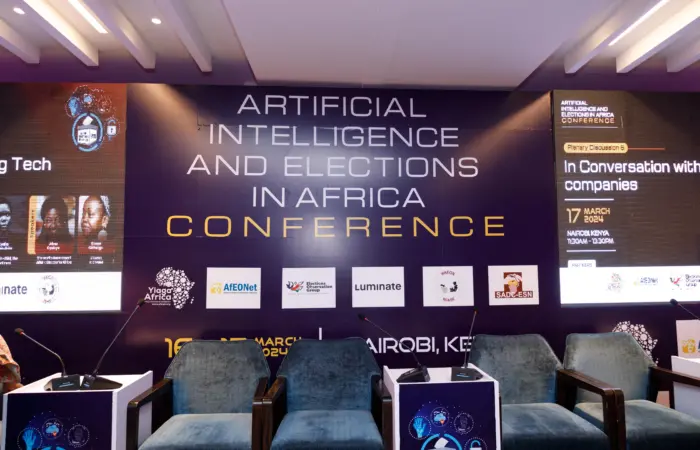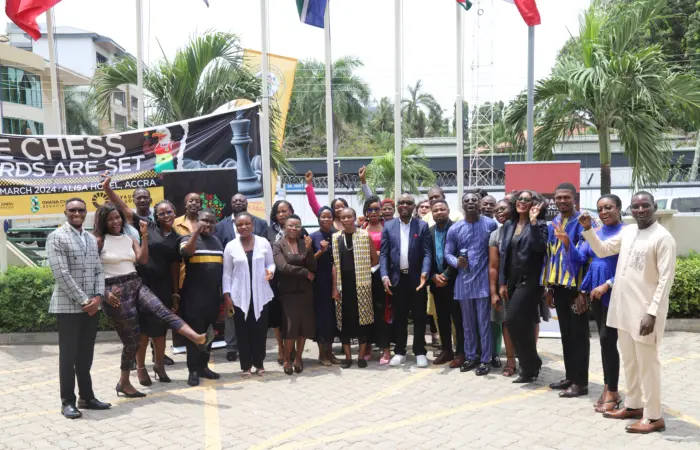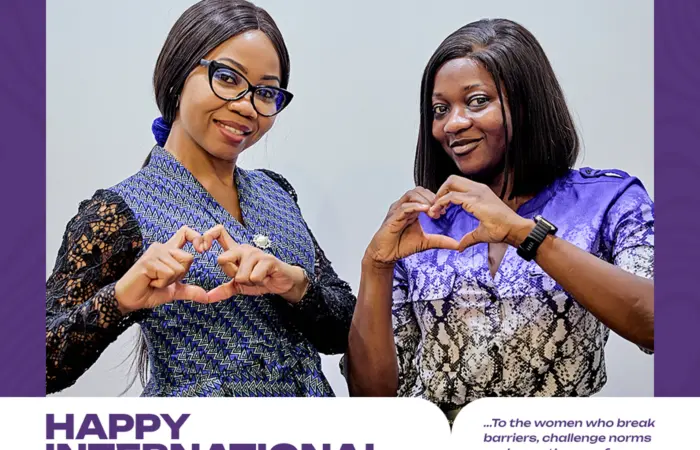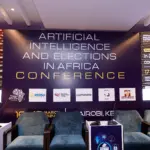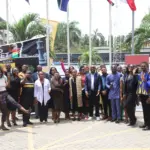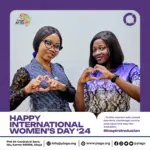The Independent National Electoral Commission (INEC) has urged political parties to address challenges hindering capacity and efficiency of the parties in the country.
Chairman of INEC, Prof. Mahmood Yakubu, made the call at the opening of a two-day capacity workshop for Legal Advisers, Organising Secretaries and Treasurers of political parties on Tuesday in Abuja.
Yakubu identified the lack of or limited internal democracy in terms of electing parties’ executives, selecting candidates, lack of transparency in funding and expenditures and campaign expenses as some of the issues bothering democracy in the country.
The INEC Boss who was represented by Prof. Antonia Simbine, INEC’s National Commissioner and Chairman Elections and Party Monitoring Committee, said “Part of it is insufficient inclusivity in terms of absence of deliberate policies to promote participation of key social groups, including women, youths and people living with disabilities.
“Lack of transparency in the funding and expenditures of political parties and campaign expenses, absence of formal internal mechanisms for mediation and dispute resolution are also involved.
“It includes limited and deliberate compliance with relevant provision of party constitutions, the Electoral Act and other regulations guiding political party activities.
National chairman of the Independent Electoral Commission (INEC), Professor Mahmood Yakubu, has expressed concern over volume of subsisting court cases initiated by political parties.”
Yakubu, also expressed concern over volume of subsisting court cases initiated by political parties. He however said the Commission was determined to enter into talks with political parties on how to mitigate litigation in political parties.
He said: “There are so many court cases, even on matters settled by the Supreme Court. The 1999 Constitution of the Federal Republic of Nigeria is very clear.
“Once there is a pronouncement by the Supreme Court, all citizens are duty bound to obey the judgment until there is another law superseding that by the National Assembly, the Executive or reconsideration by the Supreme Court.
“But there are matters settled by the Supreme Court that are still subjects of litigation.
“For instance, the famous Labour Party versus INEC case 2009 says that once an election is nullified on account of candidate’s disqualification, the disqualified candidate cannot participate in the general election.
‘’It adds that the party that fielded a disqualified candidate has also lost its right to field a candidate in the election.’’
Yakubu therefore was of the hope that the workshop, which he said was the second phase, was organised to address challenges in the management of political parties’ capacity for compliance with relevant laws and regulation guiding their operations.
He said that it was also to promote understanding and compliance of parties with campaign finance rules and regulation as well as the necessary skills for effective management of party’s activities.
He urged the national officers of political parties to be committed at implementing the lessons of the workshop in running the affairs of their parties in order to strengthen the country’s democracy.
Dr Samuel Bwalya, the Country Director, United Nations Development Programme (UNDP) in Nigeria, reassured of UNDP‘s continued support to lNEC and the Inter Party Advisory Council (IPAC) in further enriching the capacities of political parties.
Bwalya, represented by Dr Kehinde Bolaji, Team Leader, Governance and Peace-building, described political parties as keystone of democratic governance.
He expressed optimism that UNDP support to IPAC and political parties with real links to the grassroots would contribute to promoting a culture of openness.
Bwalya said that this would also enrich the quality of policies and programmes capable of promoting quality service delivery to the people.
“In the past, assistance to political parties was considered as taboo by development partners and as interference in domestic affairs by programme countries.
“More recently, there has been a growing acceptance of and request for impartial assistance.
“It is also in the area of adoption of norms for engaging with parties on a transparent, inclusive and equitable basis that does not favour one party or philosophy over another,’’ Bwalya said.
In his remark, IPAC National Chairman, Alhaji Mohammadu Nalado, was hopeful that the workshop would help the politicals parties in addressing most of the gaps.
Nalado who was represented by IPAC Deputy National Chairman, Dr Onwubuya Breakforth, noted that the lessons that would have been learnt at the workshop would help to reduce litigations after elections, especially the forthcoming Anambra governorship and the 2019 general elections.
“There are a lot of lessons to learn here, especially the area of screening and nomination of candidates, parties’ primaries, accountability and due process within political parties,’’ he said.
Source: The Nation

